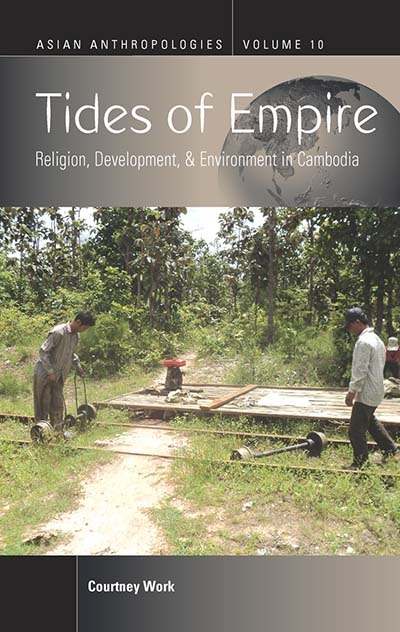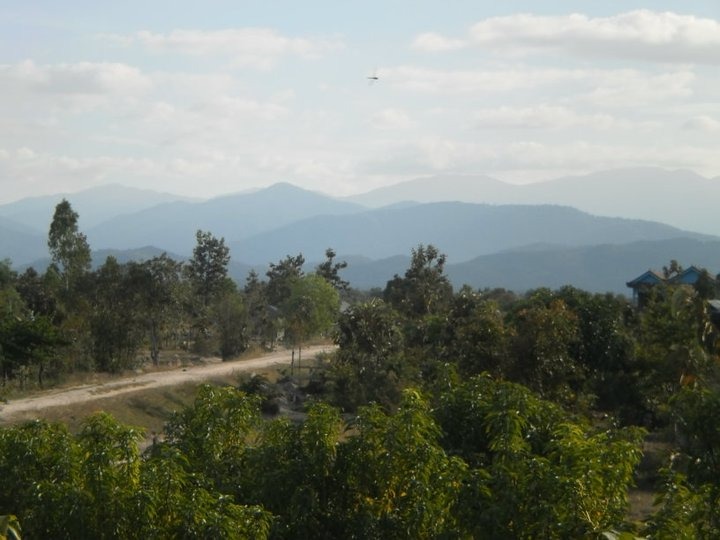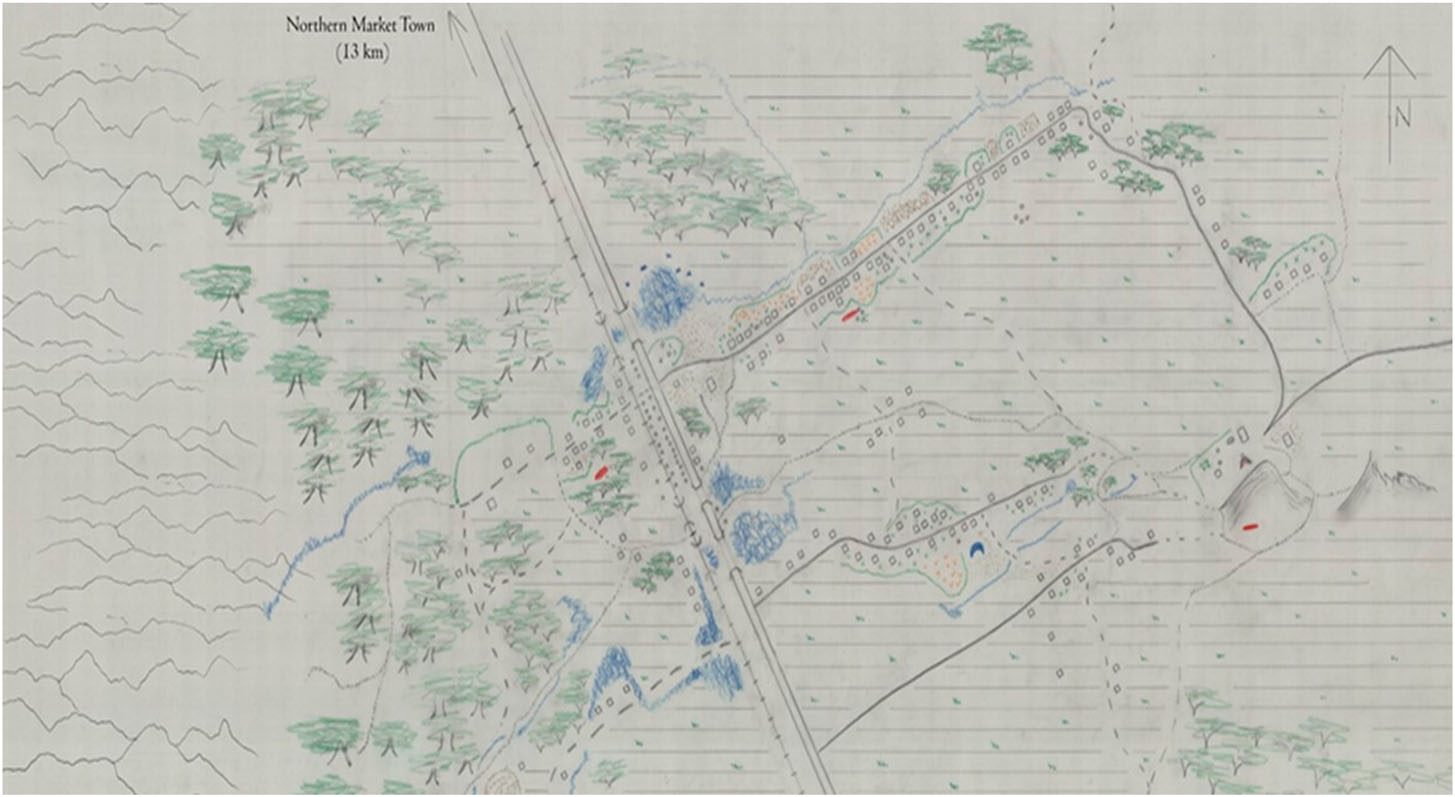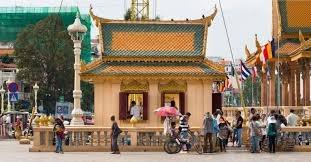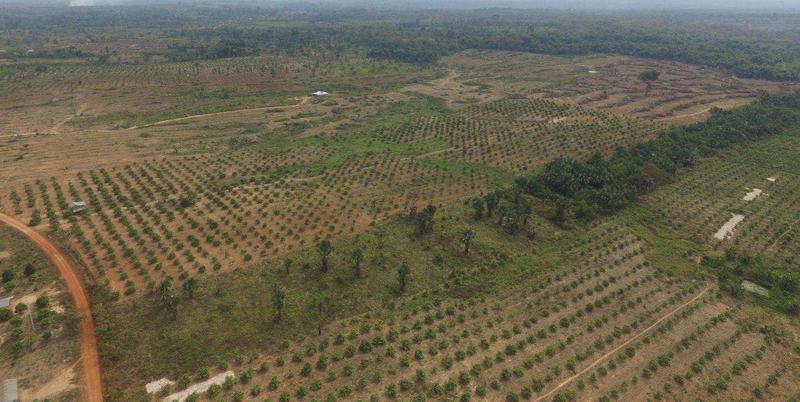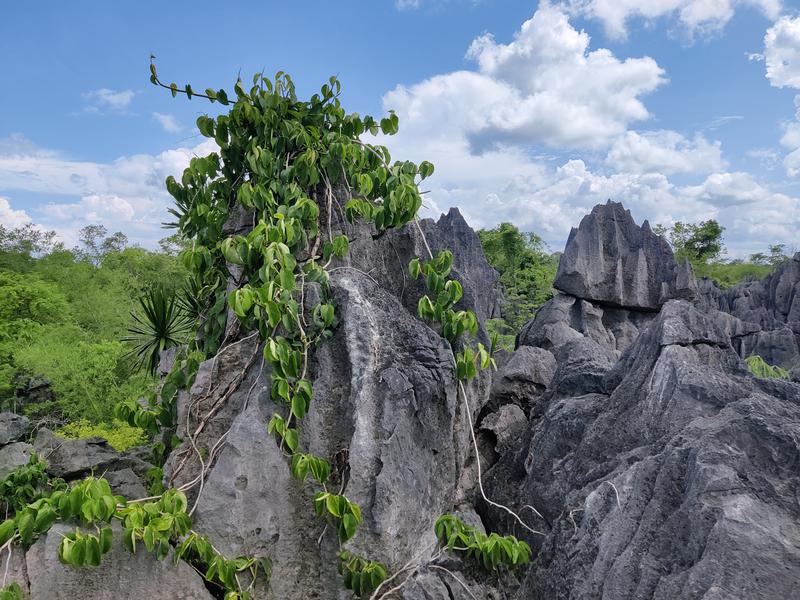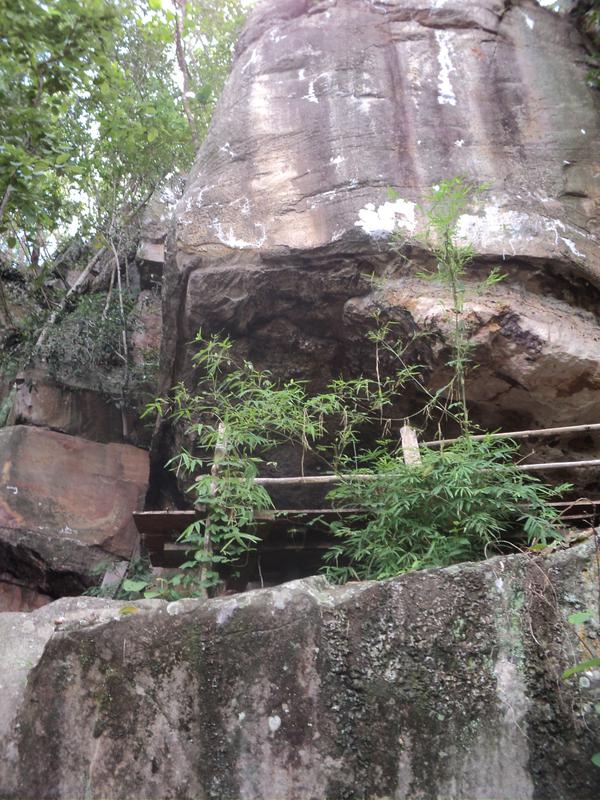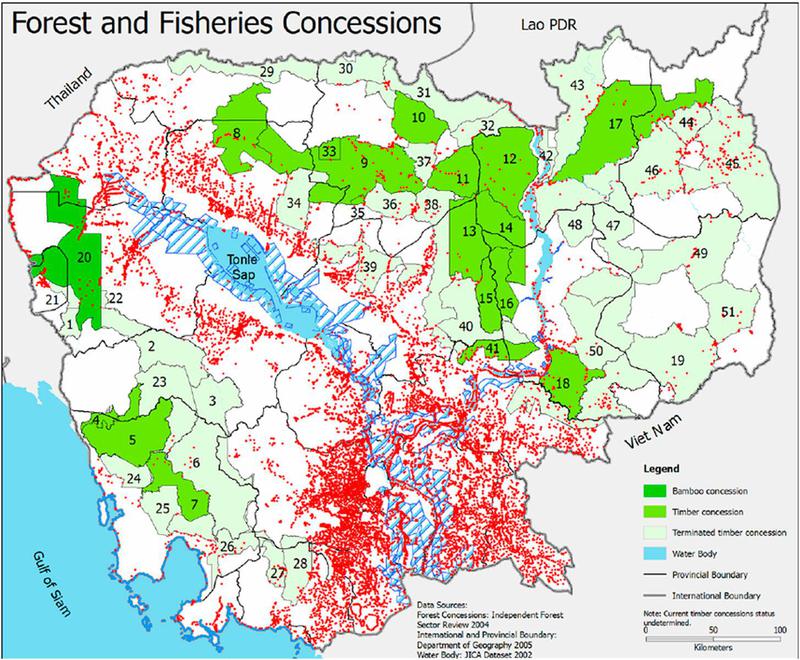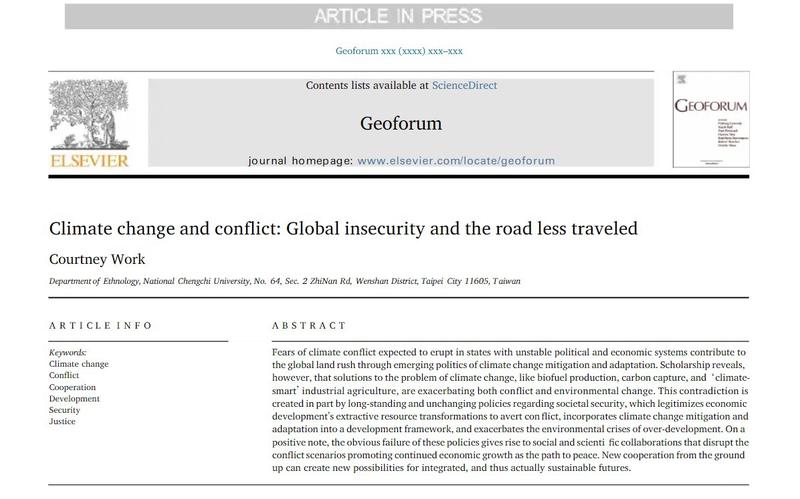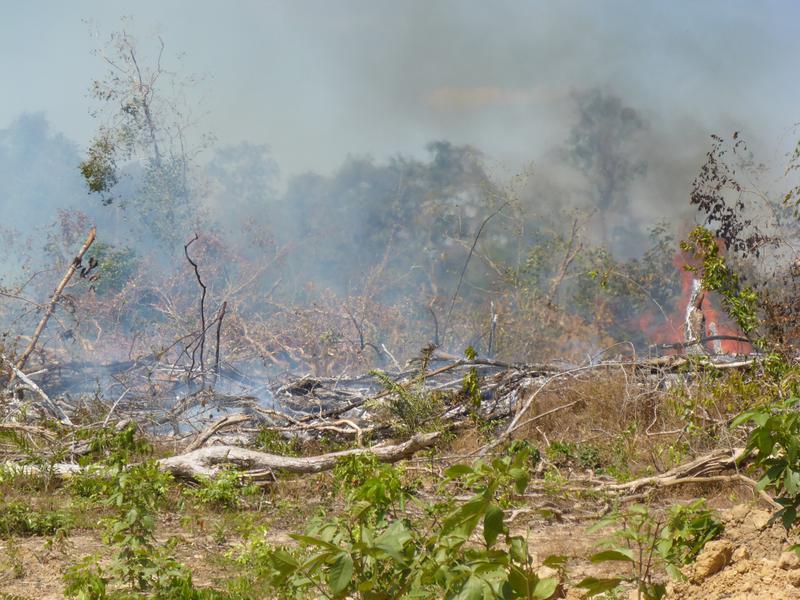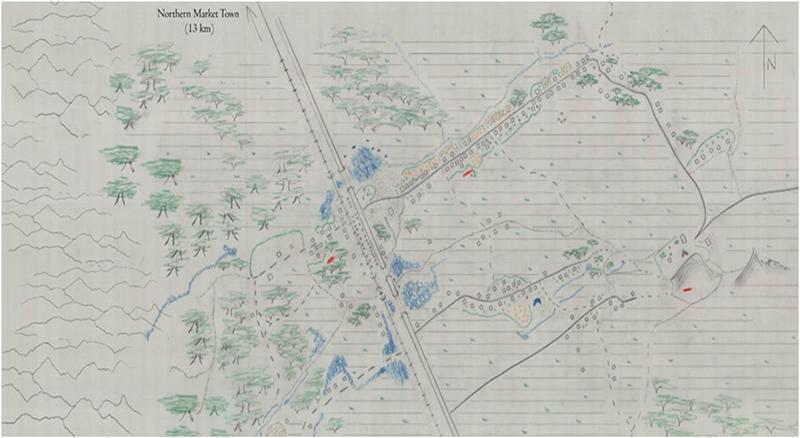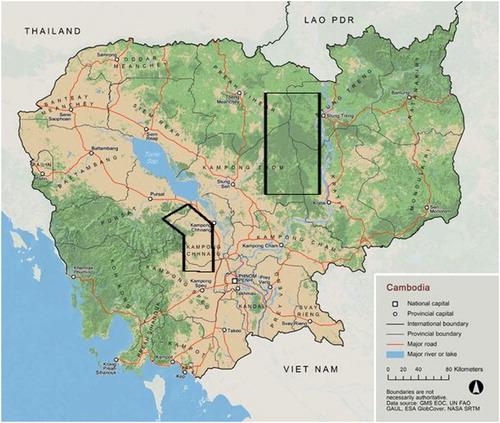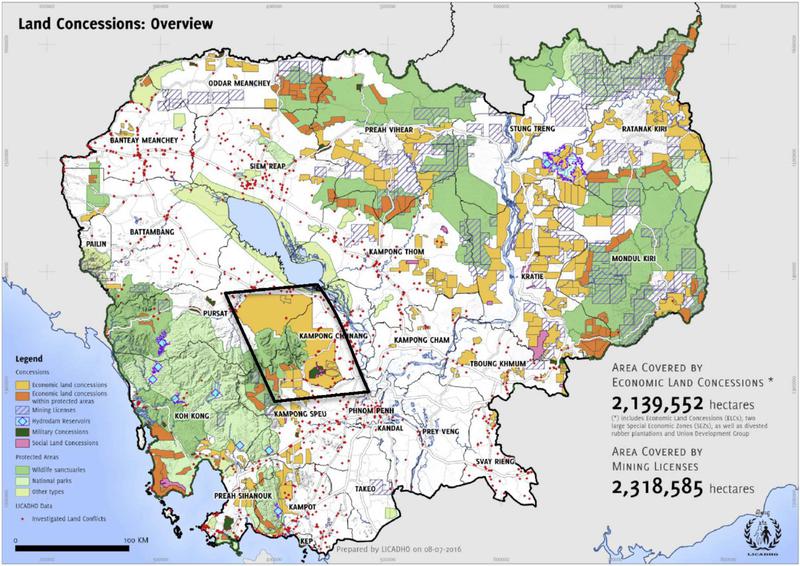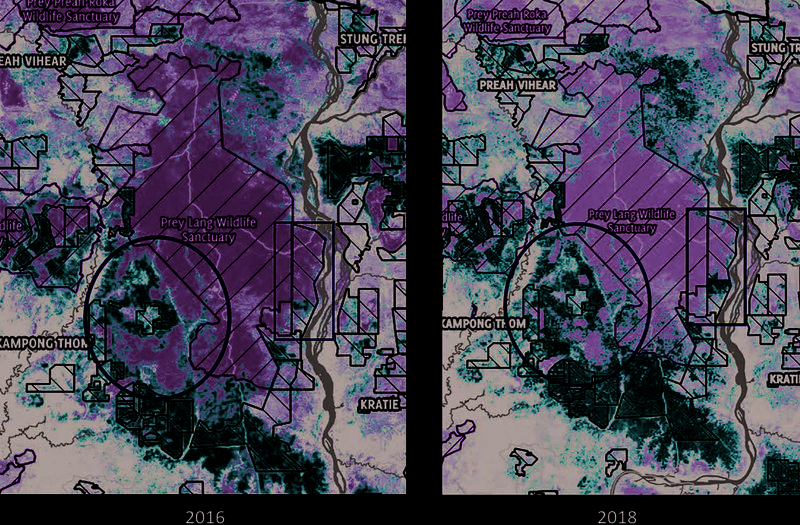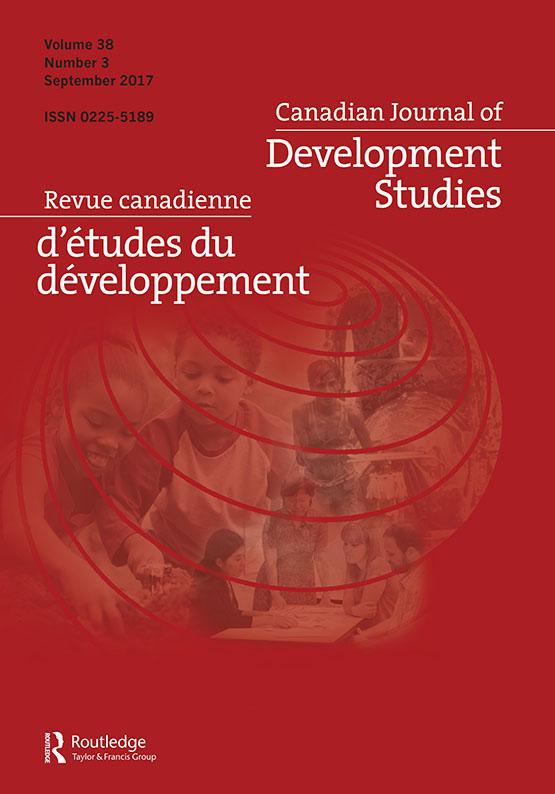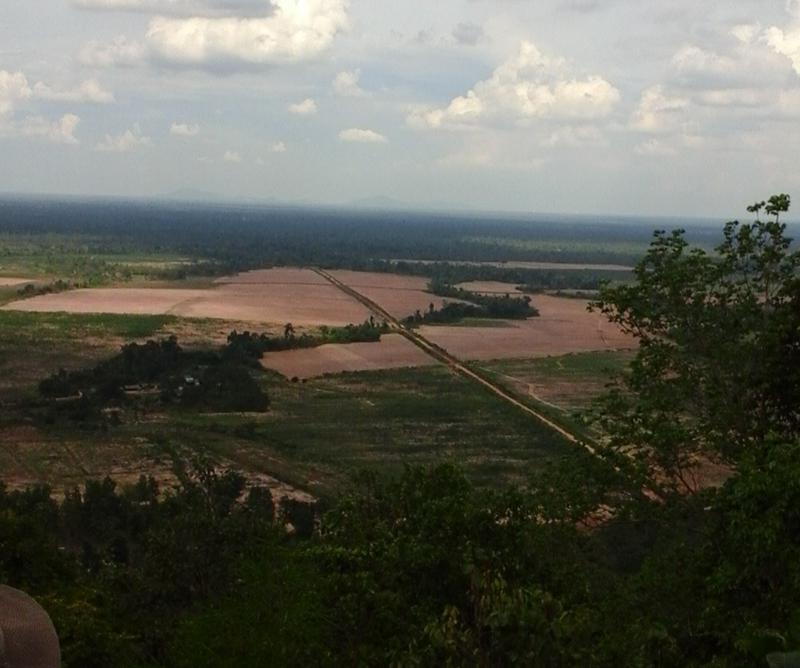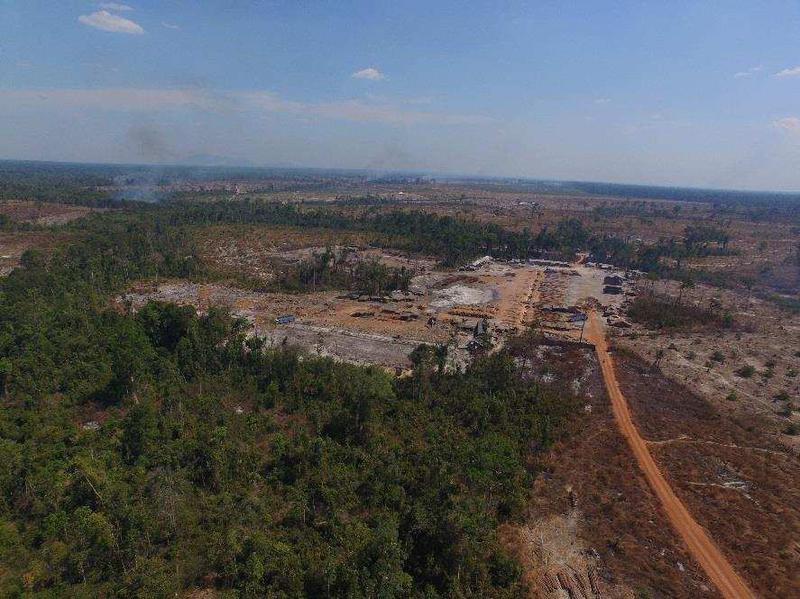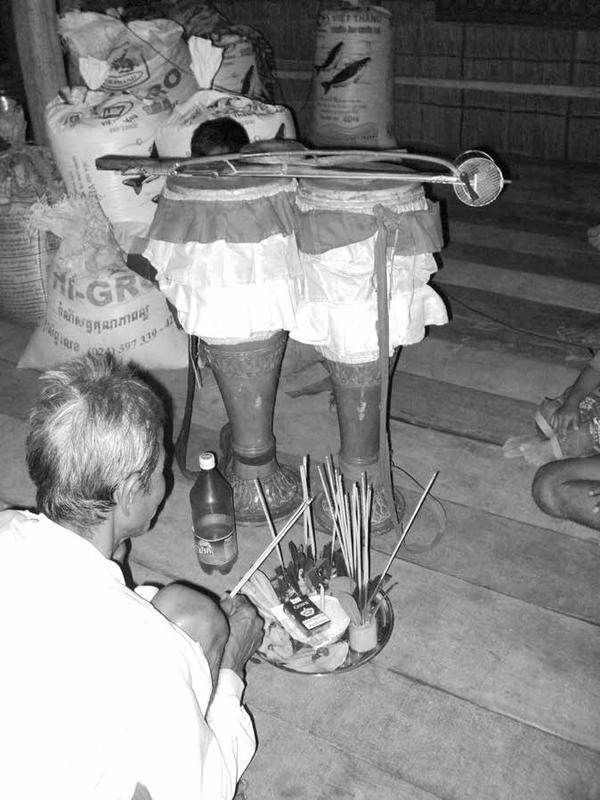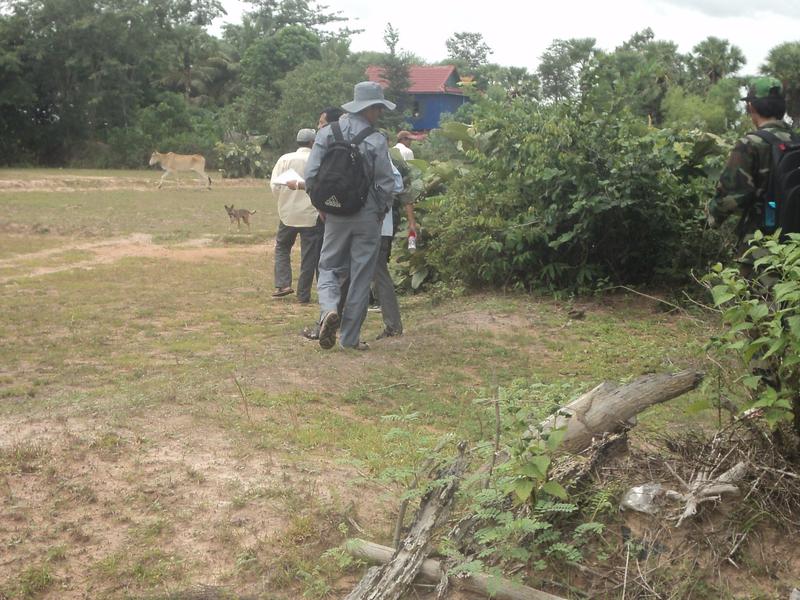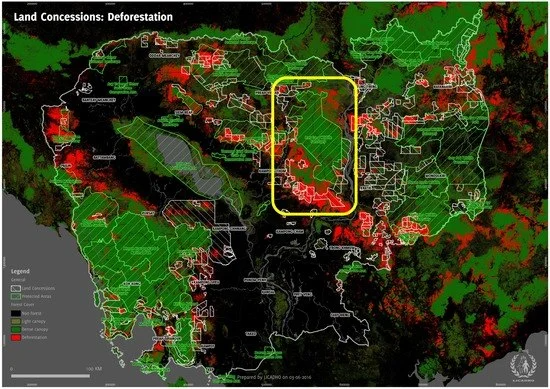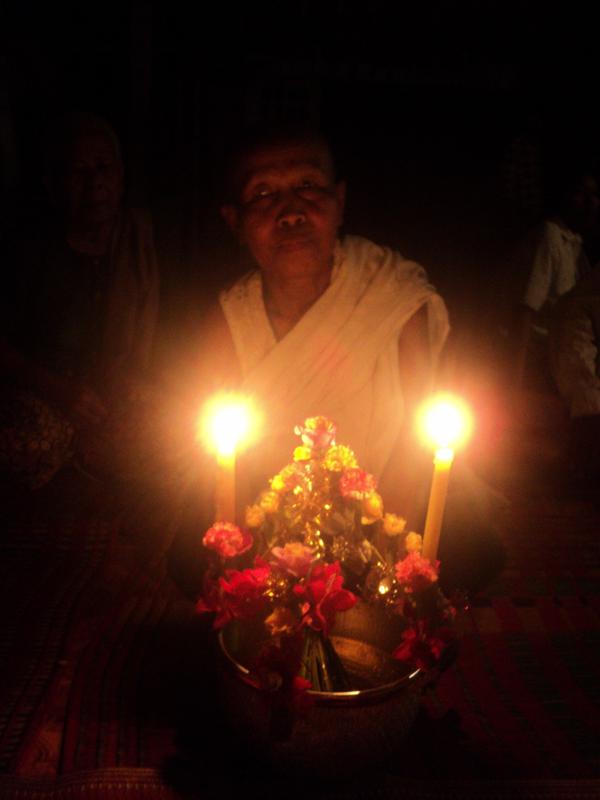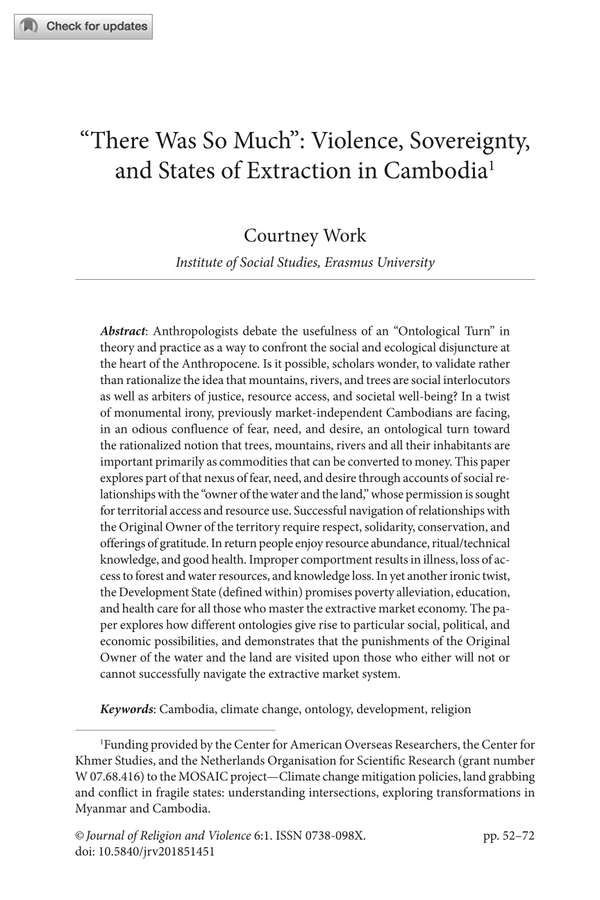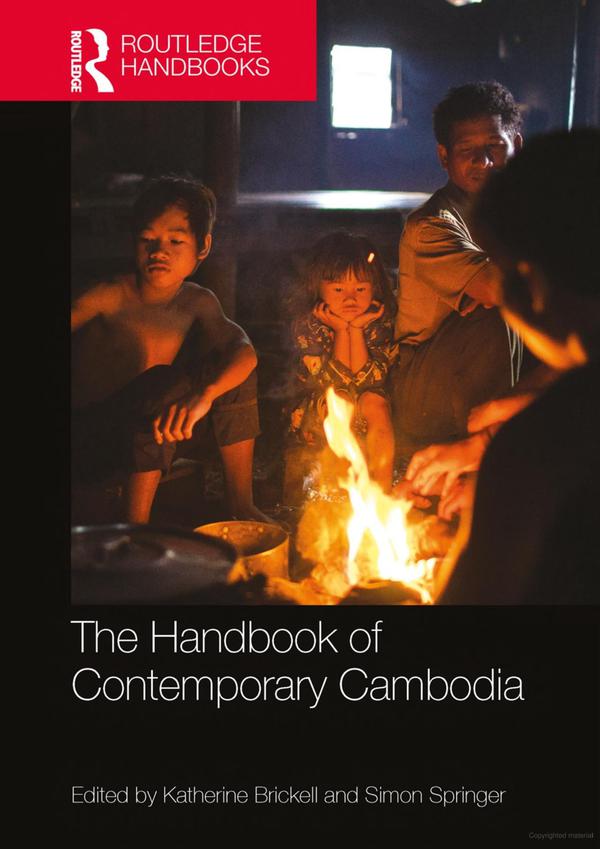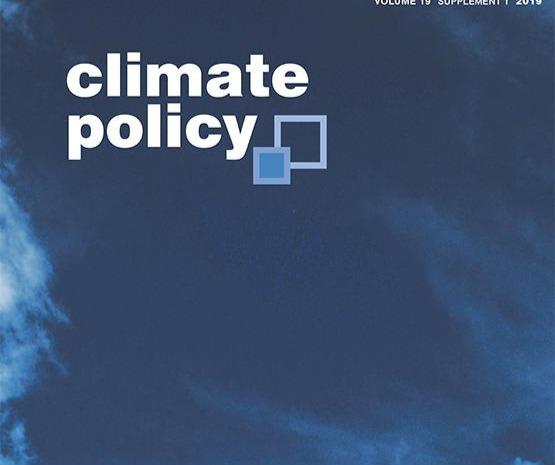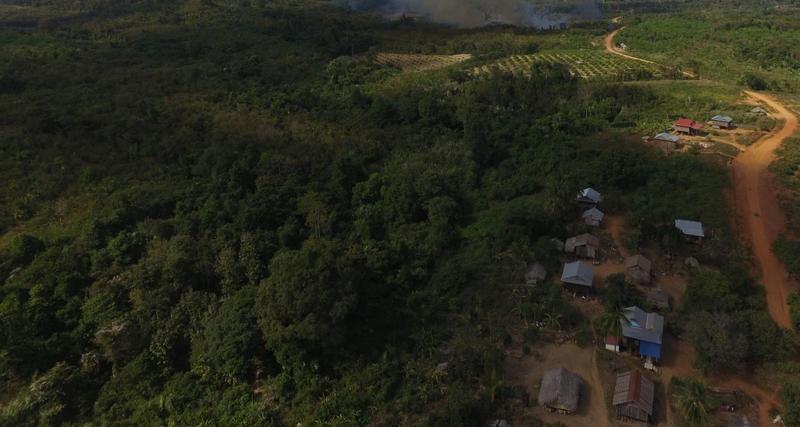
Motofish and Trashfish: Food values and rifts at the agrarian frontier
At the resource frontier of Prey Lang Forest in Cambodia, a new food regime marks multiple rifts in the social fabric. As the forest gives way to rural road development, migrant incursions, and cash cropping, long-term residents lament the paucity of available food. At the same time, new migrants suggest that there is now more food than ever. Based on how food is defined, we find one food, motofish, that emerged as a significant semiotic sign. It is a fish, regardless of species, that is farm-raised and carried from the market to the village by motorbike. It is opposed to a real fish that grows by itself in a river or stream. Long-term Kuy and Khmer residents of the forest see the fish as a sign of destruction and loss, because there are so few fish in the rivers and streams. New migrants see motofish as part of a new abundance coming to this remote corner of the world where there used to be no food. This abundance is facilitated by Cambodia's growing fish farming industry, fed by wild-harvested 'trashfish' and subsidized soy pellets. Motofish is more than a sign of gastropolitics, as it marks a rift in the semiotic landscape through which individual and collective worlds emerge. We use this worldmaking fish to launch a discussion of both the epistemic and metabolic rifts of agrarian transformation and how these rifts are interpreted by different actors in the same landscape: One that recognizes the metabolic rift and the other that carries with them its epistemic cleansing.

